Summaries of books about Science & Math:

College Algebra
Robert F. Blitzer
The book presents a comprehensive overview of algebraic principles and techniques, including functions, equations, inequalities, and complex numbers, tailored for college-level students. It integrates real-world applications and problem-solving strategies to help students understand the relevance of algebra in various fields.
See full summary
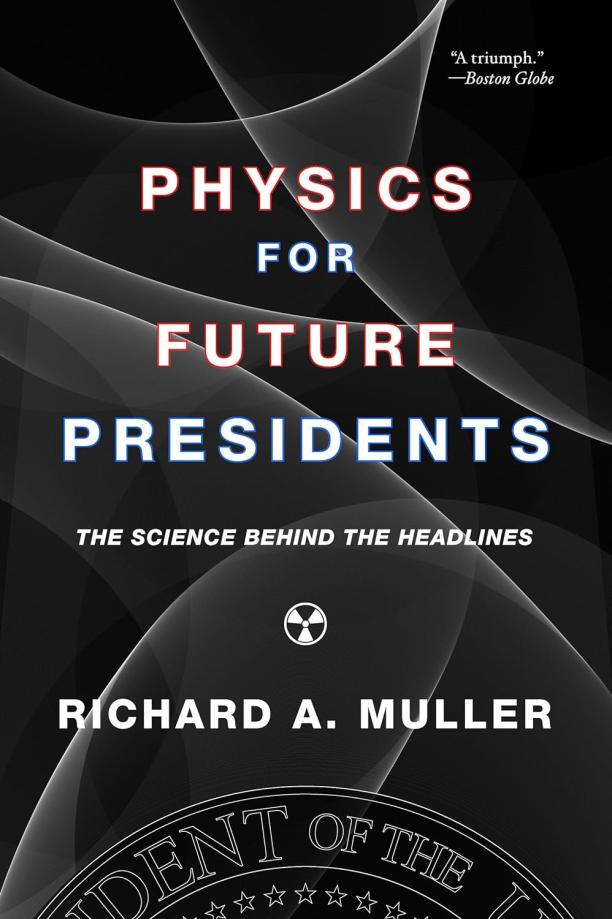
Physics for Future Presidents
The Science Behind the Headlines
Richard A. Muller
The book demystifies complex scientific concepts and technologies relevant to critical global issues, providing a clear understanding of physics principles as they apply to topics like terrorism, energy, nuclear power, space, and climate change. It aims to equip leaders and citizens with the scientific literacy necessary to make informed decisions on policy matters that have significant technological and scientific components.
See full summary
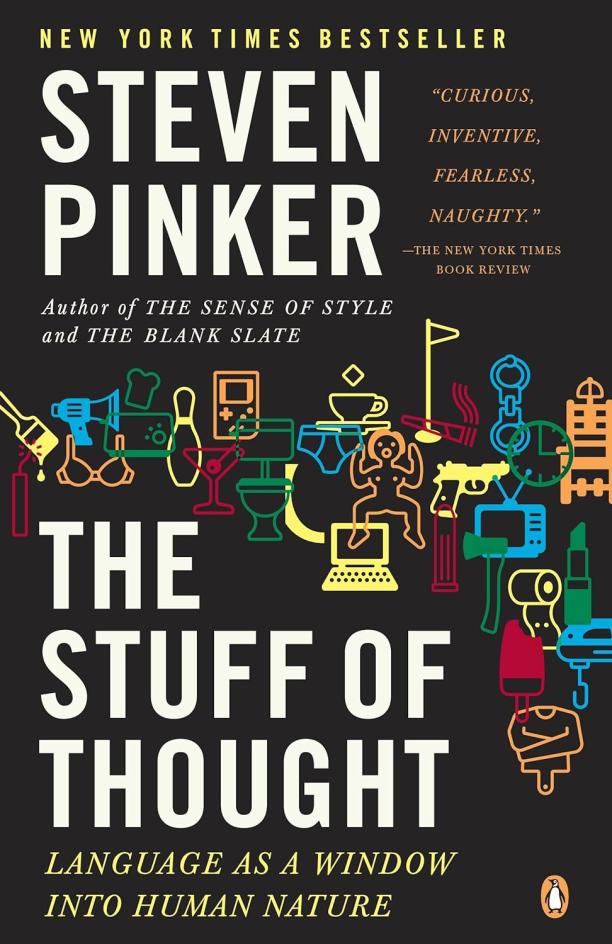
The Stuff of Thought
Language as a Window into Human Nature
Steven Pinker
The book explores how language reflects the workings of the human mind, particularly how word choice and sentence structure can reveal aspects of human thought, social relationships, and the interplay between innate ideas and cultural influences. It delves into topics such as metaphor, swearing, innuendo, and the ways in which words can influence our perception of reality and our interactions with others.
See full summary
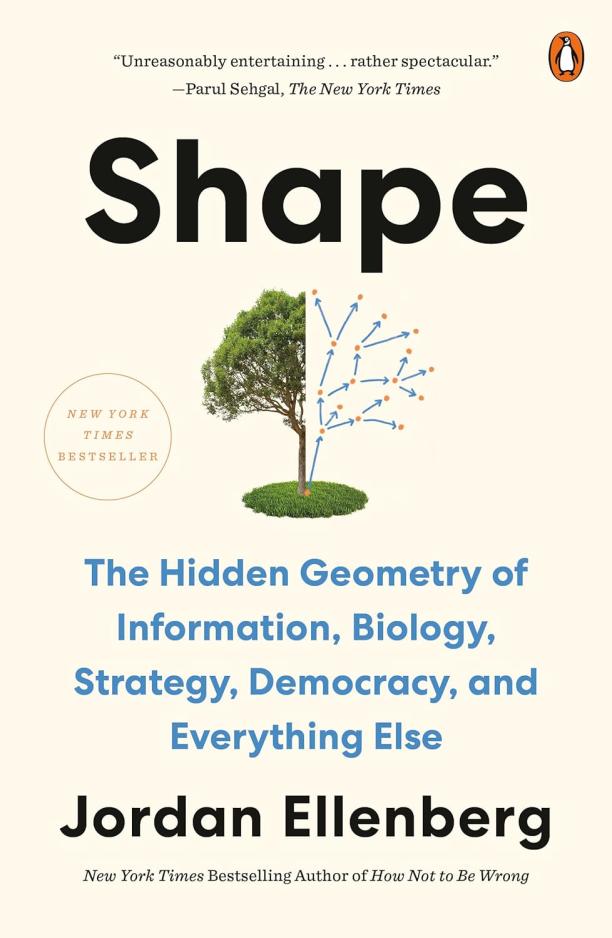
Shape
The Hidden Geometry of Information, Biology, Strategy, Democracy, and Everything Else
Jordan Ellenberg
The book explores how geometric thinking can illuminate a range of topics from politics to human behavior, revealing patterns and structures that govern the complexities of the world. It delves into the ways geometry informs our understanding of biology, strategy, democracy, and other areas, offering insights into the hidden patterns that shape our reality.
See full summary
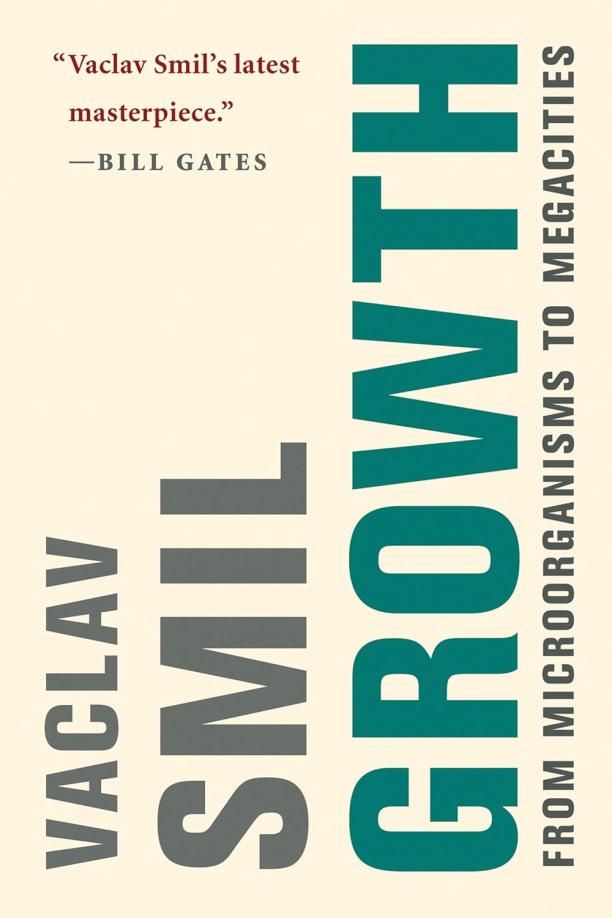
Growth
From Microorganisms to Megacities
Vaclav Smil
The book provides a comprehensive examination of growth in nature and society, analyzing patterns from the scale of microorganisms to the complexities of megacities. It delves into the principles of energetic and material flows that define the growth and development across various systems, including biological entities, human economies, and civilizations.
See full summary
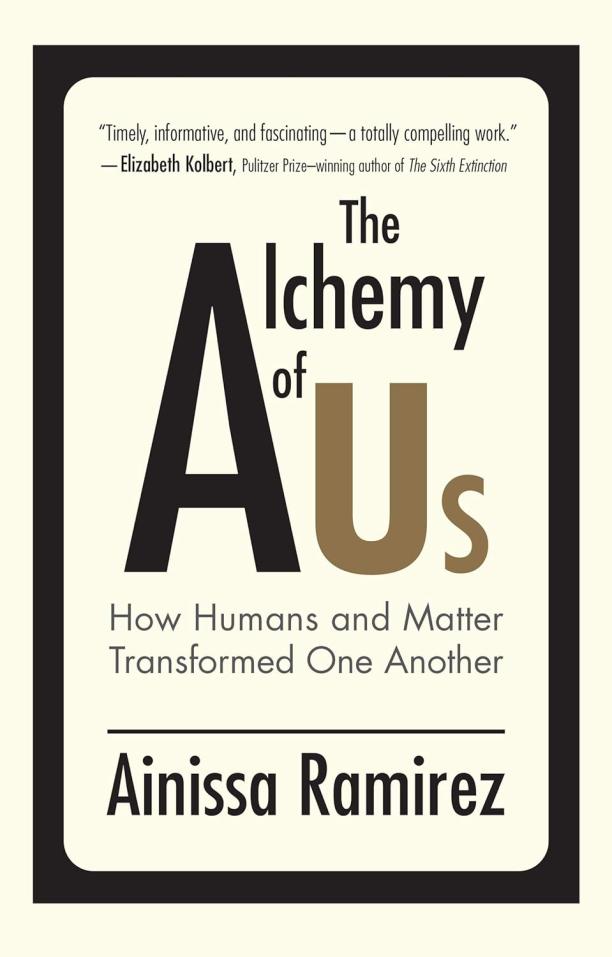
The Alchemy of Us
How Humans and Matter Transformed One Another
Ainissa Ramirez
The book examines eight inventions that have shaped the modern world, revealing how materials were shaped by inventors and how those inventions, in turn, shaped human experience and behavior. It delves into the stories of innovators, both famous and forgotten, and the unintended consequences of their discoveries on society and culture.
See full summary

Who's in Charge?
Free Will and the Science of the Brain
Michael S. Gazzaniga
The book explores the relationship between the complex workings of the human brain and the concept of free will, delving into neuroscience to question how much control we truly have over our actions. It examines the implications of brain research on our understanding of moral responsibility and the legal system.
See full summary

Quantum Computing for Everyone
Chris Bernhardt
The book introduces the fundamental principles of quantum computing in an accessible manner, explaining qubits, entanglement, and quantum algorithms without requiring advanced mathematical knowledge. It aims to provide readers with a basic understanding of how quantum computers work and the potential they hold for transforming computing.
See full summary
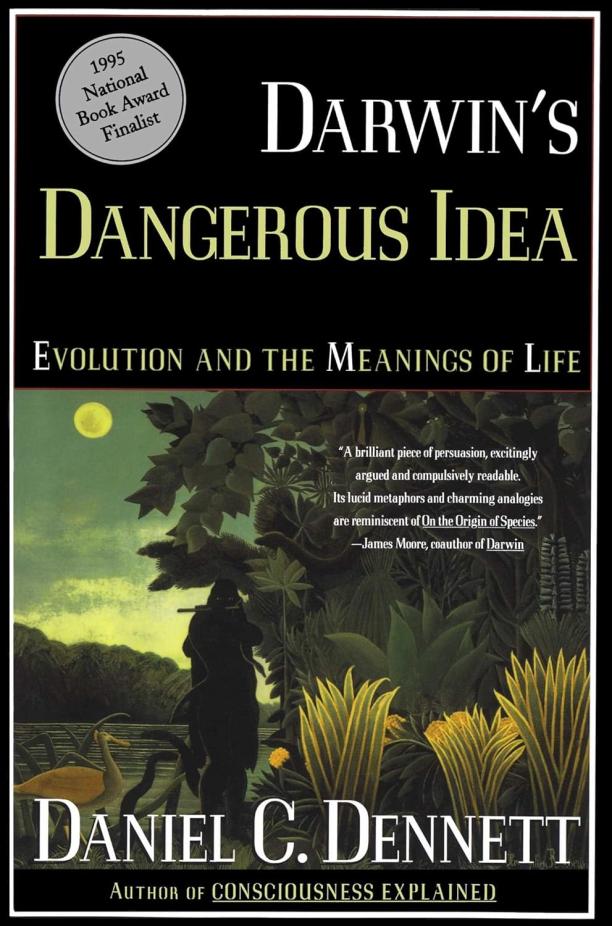
Darwin's Dangerous Idea
Evolution and the Meaning of Life
Daniel C. Dennett
The book explores the far-reaching implications of Charles Darwin's theory of evolution, arguing that natural selection is a universal acid that cuts deeper into the fabric of reality than many are willing to admit. It delves into the impact of evolutionary thinking on various fields, including philosophy, biology, and the understanding of human consciousness and ethics.
See full summary
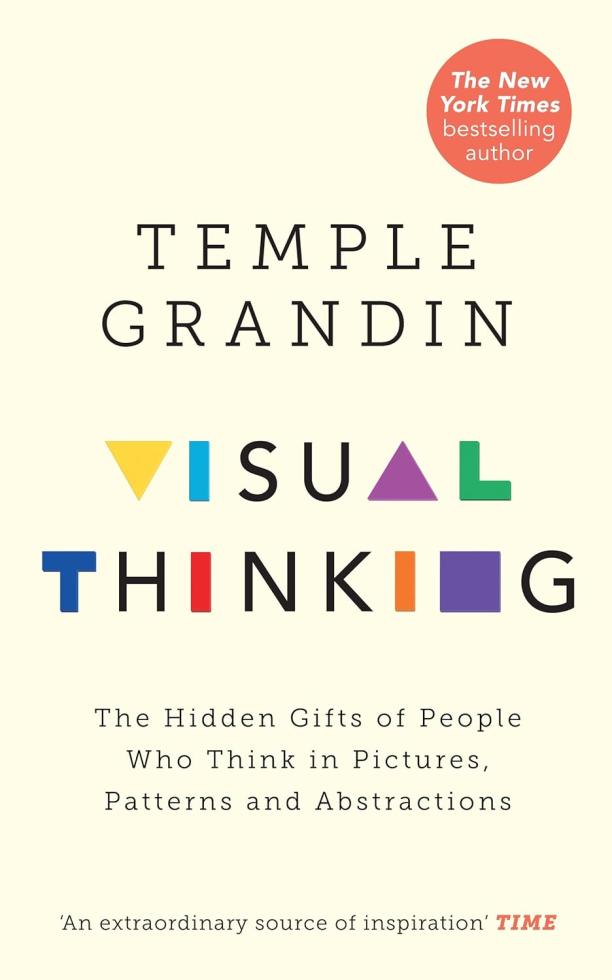
Visual Thinking
The Hidden Gifts of People Who Think in Pictures, Patterns and Abstractions
Temple Grandin
The book explores the concept of visual thinking, delving into how individuals who think in images and patterns often possess unique problem-solving abilities and creative talents. It highlights the advantages and challenges of this cognitive style, providing insights into the minds of visual thinkers and their contributions to various fields.
See full summary